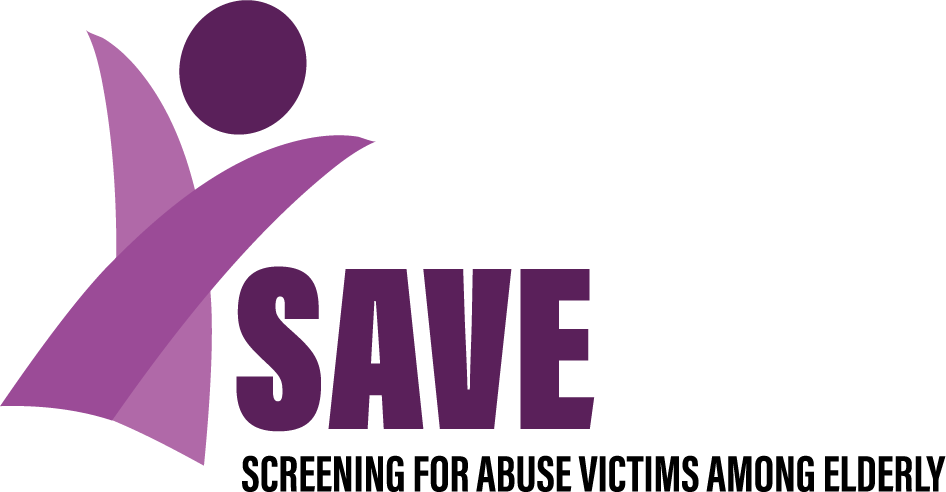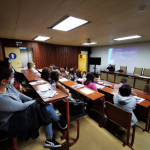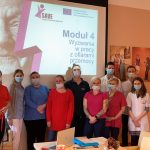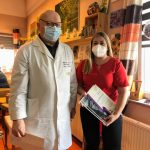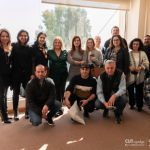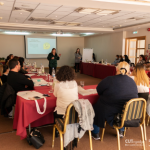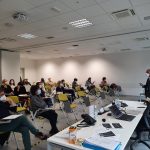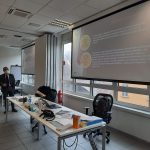Learn about the state of the art of screening for elder abuse
The first outcome of the SAVE project was a literature review, coordinated by the University of Minho, whose aim was to answer to three main questions: 1) what arguments can be used in favour or against the screening process?; 2) what professionals conduct screening, in what contexts and how is screening perceived by professionals and older adults? And 3) what screening instruments are used, in what countries, and what are their psychometric characteristics?
The research report, available in all partners languages, is a useful and up to date background document which helps to contextualise the second outcome, i.e. a training package for professionals from the health and social care sector.
Download the full document or the abstract from this link: Documents – Save project (projectsave.eu)
Training professionals on elder abuse screening
The second results produced by the SAVE partnership is a training curriculum covering 12 hours of teaching and supplemented by exercises, assessment tests etc. on identification and intervention on violence against older persons to be implemented face-to-face.
Target audience of this training programme are social and health care professionals working in home care, residential care facilities, health centres and hospitals. At the end of the training we expect participants to know what is elder abuse, how to recognize elder abuse applying screening methods and tools and how to intervene in case abuse is detected.
Download the training package in all partners languages from: Screening for violence against older persons – a training package – Save project (projectsave.eu)
Piloting of the training package
The training material on elder abuse screening is being piloted in partners countries with different professionals (doctors, nurses, psychologists, nursing assistants…) and in different settings (residential care and community). So far, the training has been very welcomed by participants, who expressed high appreciation for the acquired learning.
This newsletter is available in:
Newsletter 2, May 2022
Download it in:
English
Italian
Finnish
Portuguese
Polish
Greek
